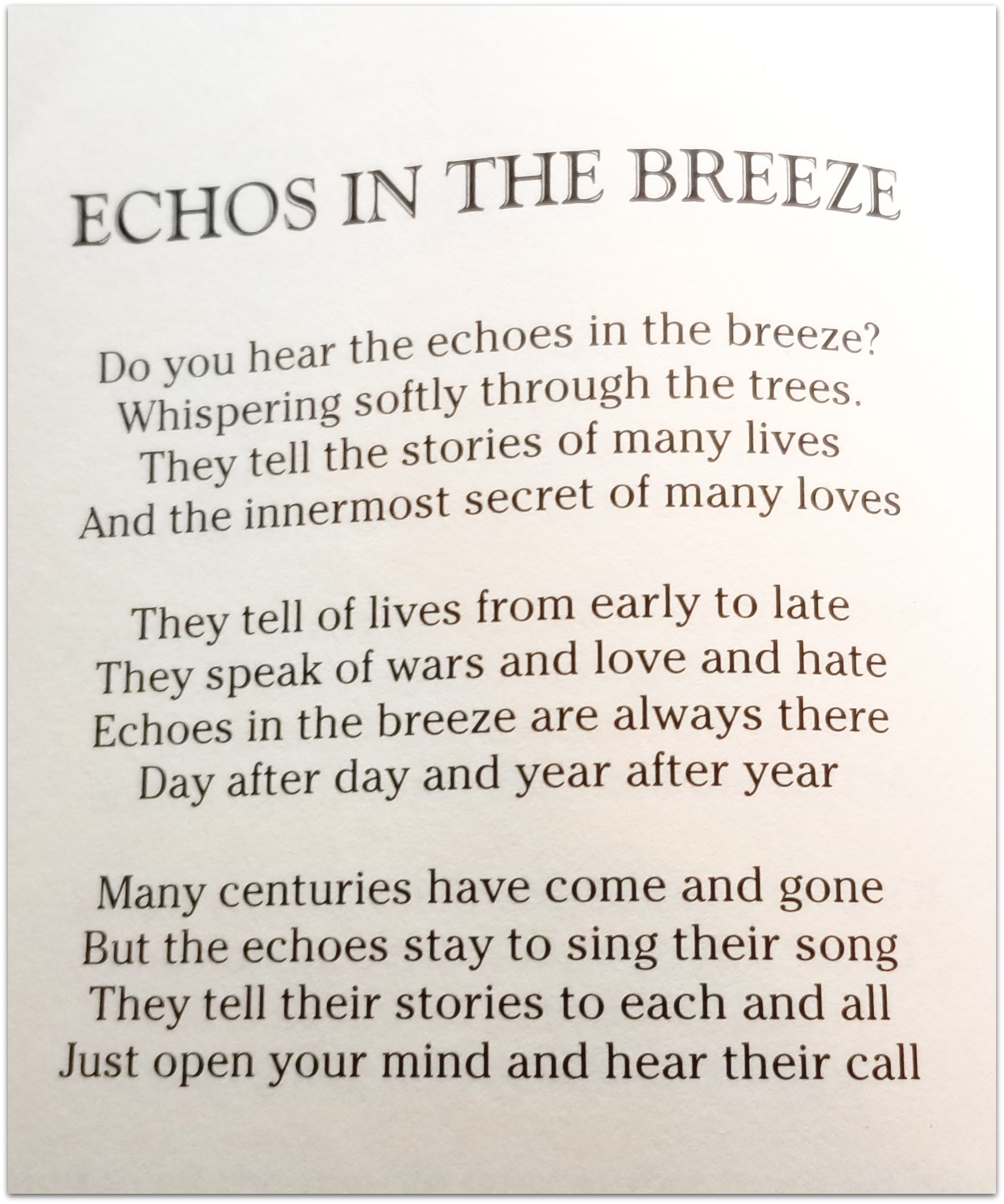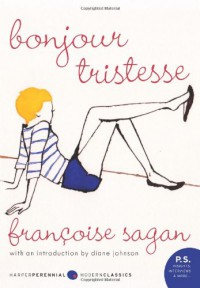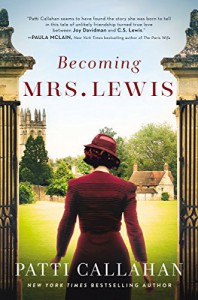With her black hair, red lips, and lily-white skin, Summer is as beautiful as her father's garden. And her life in the mountains of West Virginia seems like a fairy tale; her parents sing and dance with her, Cousin Nancy dotes on her, and she is about to get a new baby brother. But when the baby dies soon after he's born, taking Summer's mama with him, Summer's fairy-tale life turns grim. Things get even worse when her father marries a woman who brings poisons and magical mirrors into Summer's world. Stepmama puts up a pretty face, but Summer suspects she's up to no good - and is afraid she's powerless to stop her.
This Snow White tale filled with magic and intrigue during the early twentieth century in Appalachia will be hard to forget.
Goodreads.com
In this Appalachian re-imagining of the classic tale of Snow White, Jane Yolen introduces us to young West Virginia native Snow-in-Summer, named for the flowers that grow in front of her house. The story opens with Summer sharing the memory of attending her mother's funeral. Summer's biological mother, Ada-Mae died in childbirth, along with Summer's baby brother.
I'd been born on July 1, 1937, ten pounds of squalling baby, with a full head of black hair. It was a hard birth that nearly killed Mama. Though the next baby, being even bigger, actually did.
Cousin Nancy, who'd been there to help with my birthing, told me all about it later, after Mama died. "White caul, black hair, and all that blood," she said. I shuddered at the blood part, but Cousin Nancy explained it was good blood, not bad. "Not like later," I said, meaning when Mama died, and Cousin Nancy just nodded because nothing more needed to be added.
She put her arm around me, adding, "Poor man was so scared he might lose her. And when he came back inside, called by the midwife, he was so relieved that Mama hadn't died, he let her name you."
"Snow in Summer," I said.
Then she gave me a hug. "Your daddy laughed and said 'We gonna call her all that?' 'We gonna call her Summer,' your mama said. 'It's warm and pretty, just as warm and pretty as she is."
"I am," I said. "Warm."
"And pretty," Cousin Nancy said, drawing me closer. "Just like your mama." That made me smile, of course. Everyone needs someone to tell them they look pretty. Especially at nine.
Summer's father, Lemuel Morton, falls into a deep depression following the death of his wife and son. After four years, he just seems to snap out of it, virtually overnight. Shortly after, he remarries a pretty and mysterious woman no one in town has ever met before, only seeing that Lemuel appears obsessively enamored with her. Sure, people have questions, but at the end of the day most are just glad to see Lemuel's spark back again.
Summer does her best to be a good stepdaughter --- even when this new wife insists on calling her Snow rather than Summer, and her father never bothers to correct or object --- but inwardly she begins to have suspicions that there is a great deal of darkness within this woman. She knows a secret about this enchantress who has captured her father's heart, but decides to keep the truth to herself for at least a little while, while she sees what else she can learn. The more time she spends around her new stepmother, the more Summer begins to feel herself becoming enchanted, though initially she confuses it for true happiness.
But then there's the shift. Suddenly Summer is only allowed limited visitation with her cousin Nancy -- who also suspects there's something shady about Lemuel's new wife --- until Summer's stepmother forbids them from communicating altogether. Nancy is the widow of Lemuel's favorite cousin, Jack, and has served as a sort of surrogate mother to Summer all these years. She's also secretly been in love with Lemuel this whole time.
(I loved the character of Nancy, btw.)
Note: The majority of this novel is told from Summer's perspective, but occasionally there are chapters switched to Nancy's view of events. From time to time, the stepmother is also given a brief platform, trying to sell the "I'm not evil, not wicked" line, but knowing the origin story as we do, readers know to be on their guard with her.
Lemuel's own behavior begins to turn odd: he grows his beard out all long and grizzly, stops virtually all forms of personal hygiene (he begins to emit a persistent odor of urine), and more and more frequently goes into nonsensical rambling. Shortly after Summer's 12th birthday, her stepmother's abuse begins to turn physical, breaking the child's spirit to the point of convincing Summer she deserves this treatment. Cousin Nancy teaches Summer some white magic to try to combat the stepmother's dark variety. For added protection, Nancy also gives Summer a small bag containing the preserved caul Summer was born with (there's an Appalachian belief that those born with a caul over the head, or "of the veil", will hold the ability to talk with the dead). While the suggestions help, the white magic still proves too weak to overturn the enchantment consuming Lemuel's soul. Summer's salvation --- and that of her family --- will come with Summer learning to have faith in her own strength and abilities, turning this story into the classic theme of a kind, strong heart prevailing over evil.
So how does this retelling stack up to its source material? The likenesses are there, but this is definitely a unique story in its own right. But where are the recognizable markers, you wonder?
* Summer is a lover of fairytales and is familiar with the story of Snow White, but doesn't make strong connections between that tale and her life, at least not until she stumbles upon the magic mirror.
* The magic mirror does make a few appearances, though not really one of the key powerful elements of the story.
* The "hunter" character here is actually a country boy who has intentions of committing statutory rape (and maybe also murder) under the guise of "courting" Summer... as a favor to the stepmother.
* Yolen also brings back the 7 Dwarves, sort of --- Summer, while trying to flee "the hunter" guy, meets 6 brothers with dwarfism, German immigrant gem miners, with 1 brother away at college.
* Bonus note: Summer's fictional town of Addison is actually inspired by Webster Springs, WV, the real-life hometown of Yolen's late husband.
Snow in Summer is an extended version of a short story (under the same name) Yolen originally had published in the anthology Black Hearts, Ivory Bones. Much like the original fairytale, this novel starts with establishing what a joyous home life Summer and her parents shared prior to her mother's death. With the appearance of the stepmother, Summer's story illustrates the "necessary evil" of evil itself. Sometimes the presence of evil --- or at least hardship --- is just the thing we need to push us out of a stagnant, complacent state, driving us to rise up to our best selves.
Though this novel is published through Penguin's Young Readers Group division, parents may want to do a discretionary read prior to handing off to your children, depending on where your personal family guidelines are set. This retelling hits upon some darker themes: illegal moonshining; serpent-handling forms of religion / speaking in tongues; sexual assault / attempted rape, (at least touches upon or alludes to the subject); water sources laced with strychnine. Yolen works in some ecological discussions as well, in the topics of clear-cutting forests and the practice of strip-mining.
There are also spoilers for the novel Anne of Green Gables by L.M. Montgomery.
If you get your hands on a hardcover copy, take a minute to take in the cover art --- there's a lot of cool somewhat hidden details throughout the whole piece!







 1
1




























